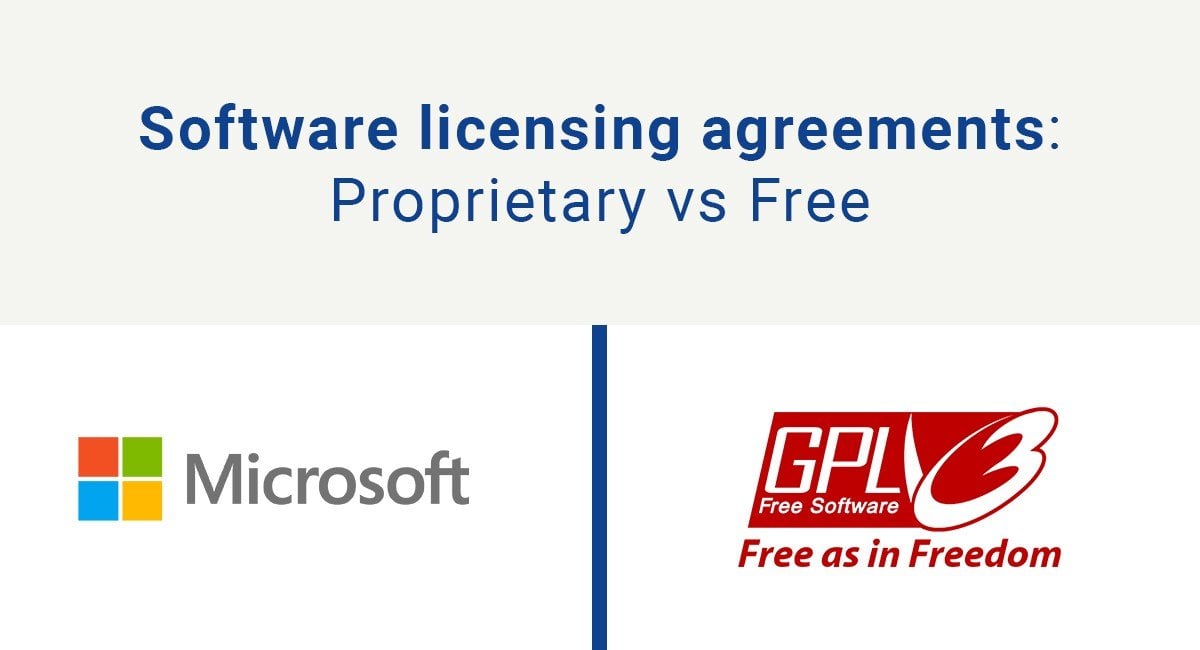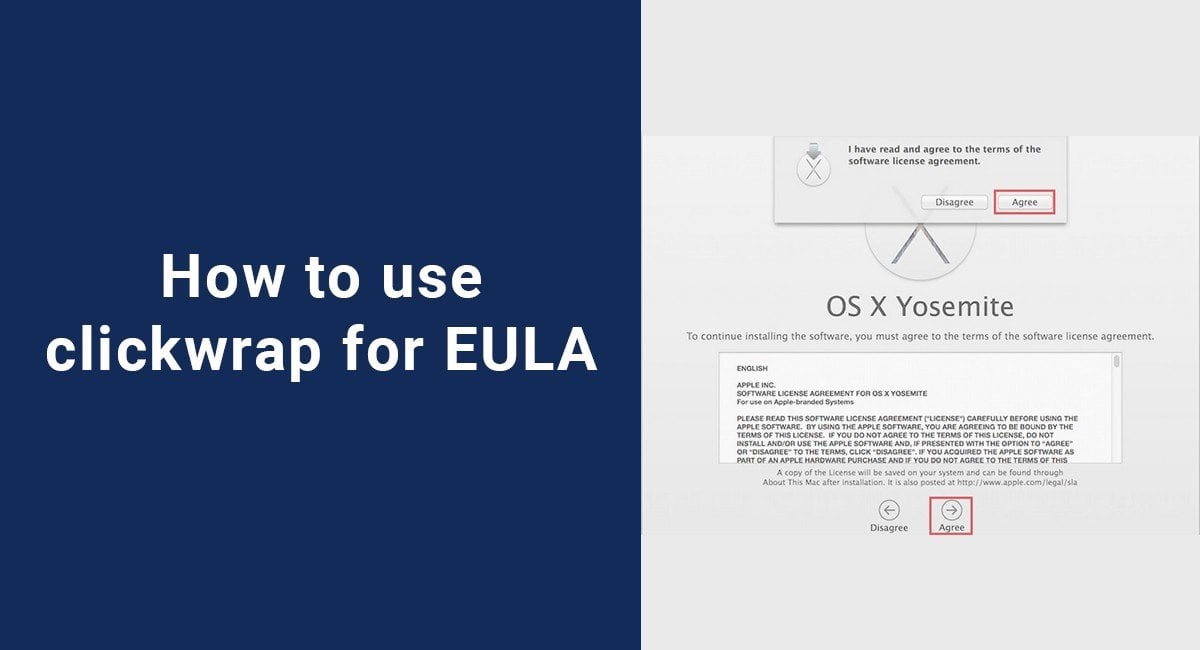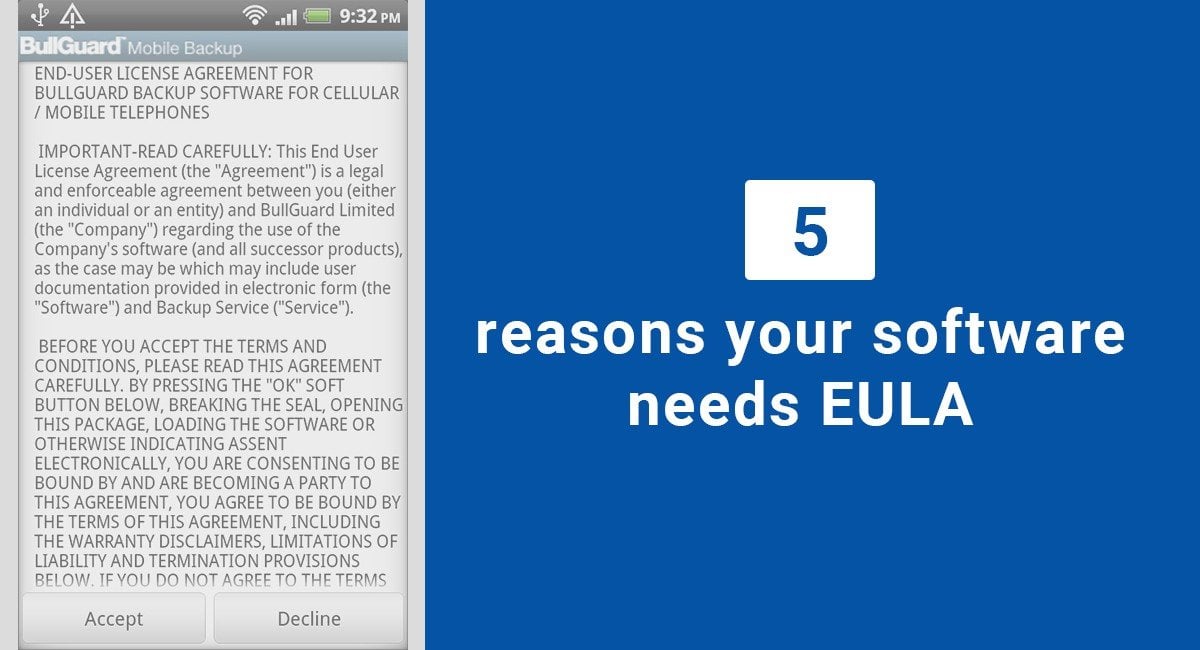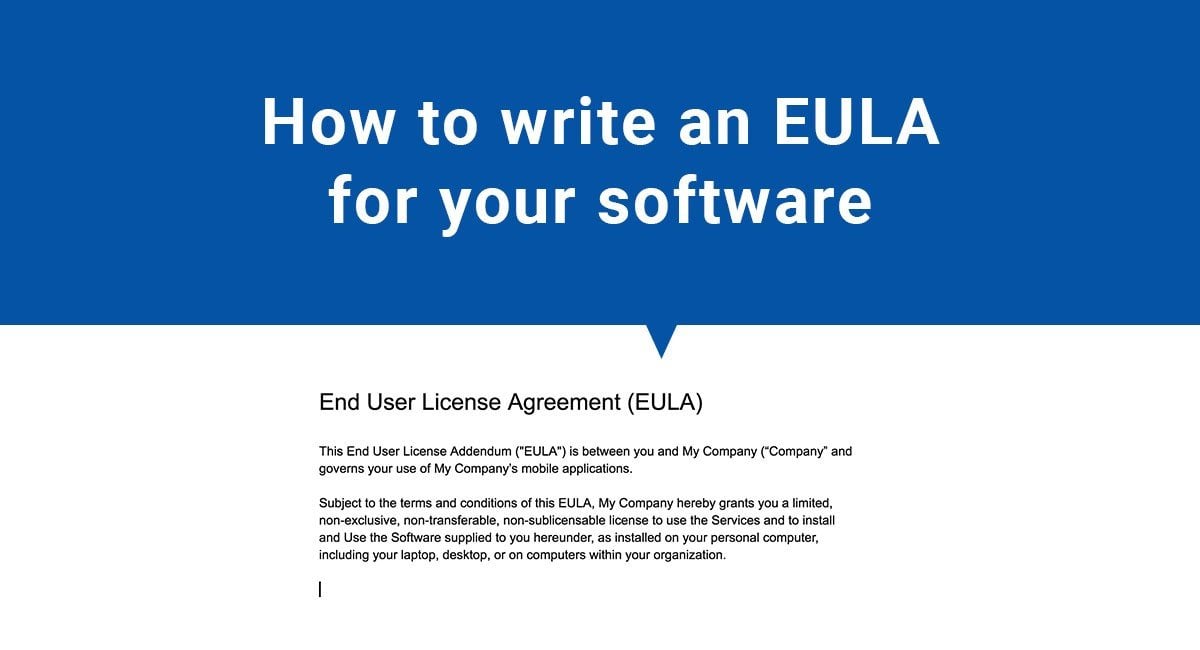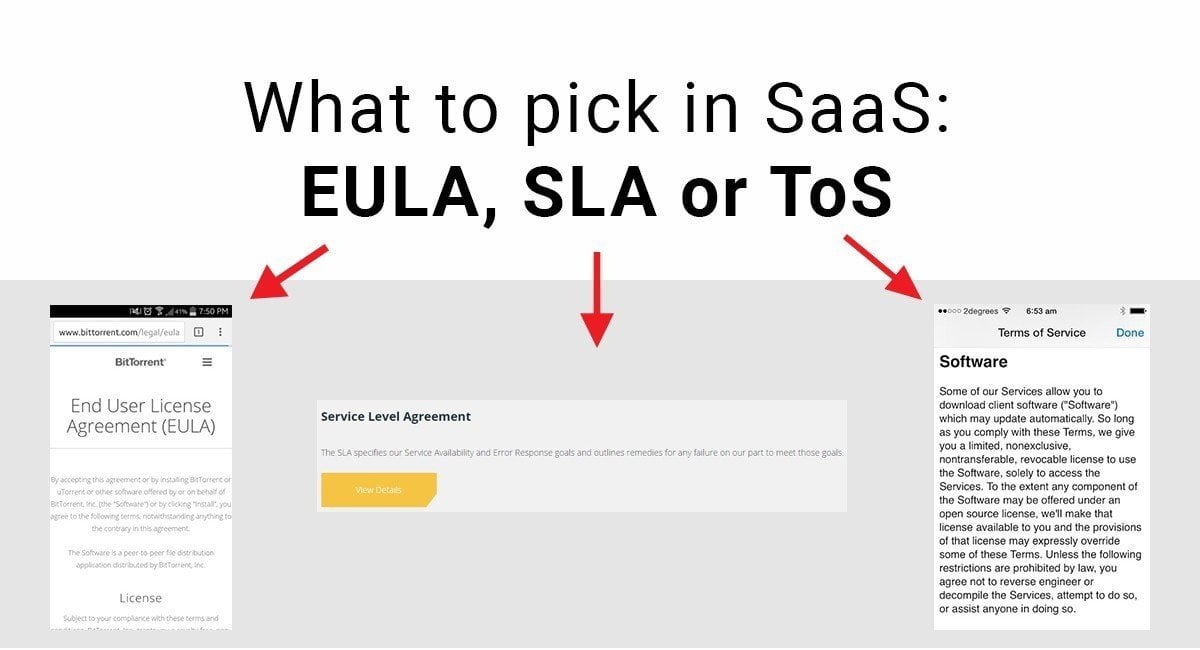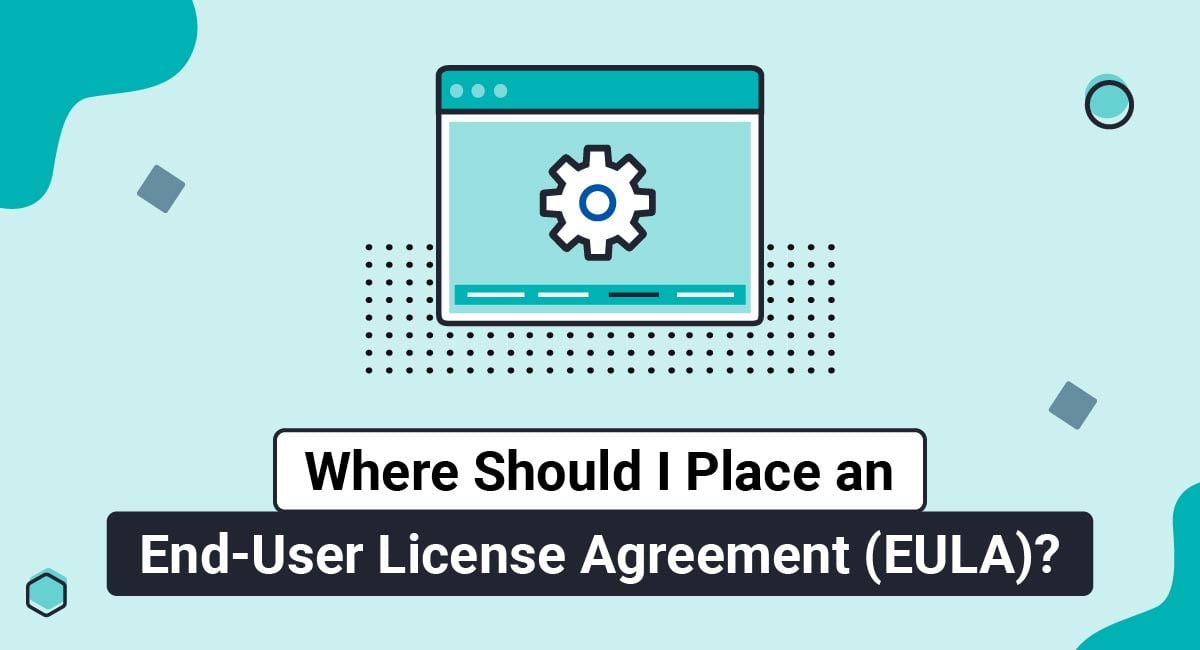Blog: EULA Agreements
Page 3
Navigate
-
EULA Agreements
-
Cookies Policy Agreements
-
Disclaimer Agreements
-
Privacy Policy Agreements
-
US Privacy Laws
-
Return Policy Agreements
-
Legal Requirements
-
EU Privacy Laws
-
Terms & Conditions Agreements
-
How to
-
Asia Privacy Laws
-
CA Privacy Laws
-
Consent
-
Templates
-
Consumer Privacy
-
AU Privacy Laws
-
LatAm Privacy Laws
-
Clauses
Software licensing agreements: Proprietary vs Free
Most software licences are called proprietary licences, where the original creator of the software retains ownership (property) in the software. One good example of this is the traditional End User Licence Agreement (EULA). A Terms and Conditions (also known as Terms of Use or Terms of Service) could also be...
How to Use Clickwrap for Your EULA
An End-User License Agreement (EULA) is a legal contract or agreement between the owner, publisher, or the distributor of an app and the end-user. EULAs contain terms, rules, and clauses that are limited in scope to issues relating to the licensing of the software app. Common clauses and sections found include...
5 Reasons Your Software Needs an EULA
If you develop software applications, an EULA (End-User License Agreement) will be a very important and advantageous legal agreement for you to include with the distribution of your software app. An EULA is essentially a contract between the software developer or publisher (the company creating the application), and the end-user (the...
How to Write an EULA for Your Software
An EULA, or End User License Agreement, is an important legal agreement that works to grant a limited license to use your app, as well as maintain your own rights and limit your own obligations. Users must accept your terms before installing or using your app and are thus limited...
What to Pick in SaaS: EULA, SLA or ToS
Software-as-a-Service (SaaS) is becoming more widely used and service-based offerings are becoming the new normal for vendors. But the legal agreements involved for new businesses operating SaaS apps are still confusing for many people. Should you use a Terms of Service (ToS) when you sign up new users? What about an...
Where Should I Place an End-User License Agreement (EULA)?
An End-User License Agreement (EULA) is a legal document that outlines the terms that users agree to abide by in order to use your company's software. It details the rights of the user when using the software, as well as any limitations, liability disclaimers or warranties that apply to the...
